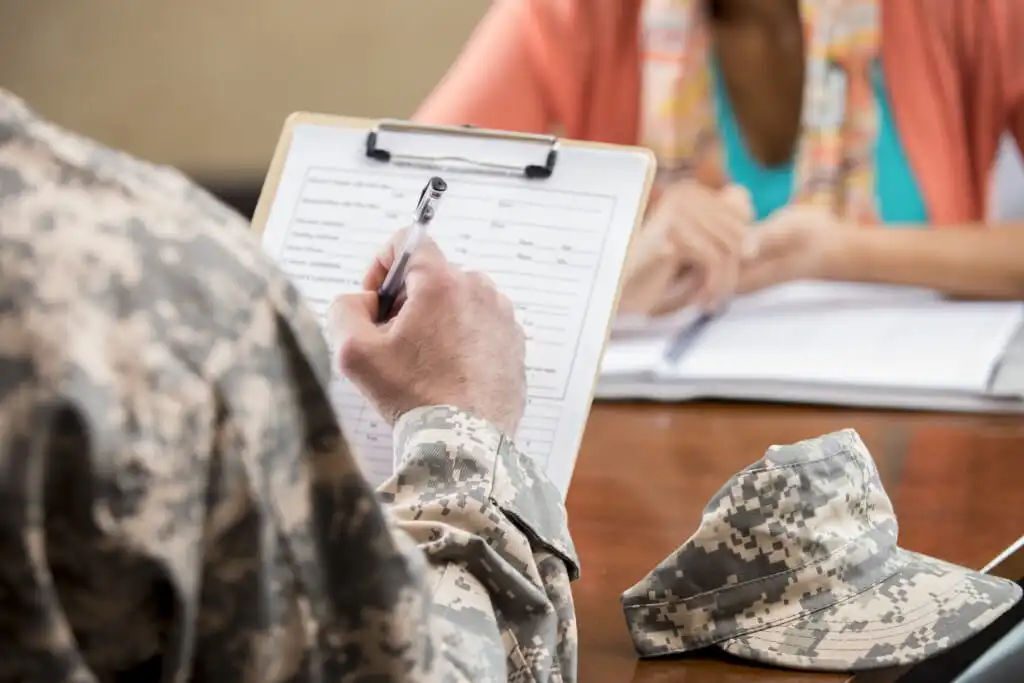
Veterans Benefits Eligibility for Military Service Members
Overview of Veterans Benefits Eligibility
As compensation for their military service, U.S. veterans may qualify for special monthly benefits from the government. According to the U.S. Department of Veterans Affairs (VA), “compensation” most often refers to either compensation for a disability that is a direct result of an injury sustained while on duty, or a pension for service that is available for veterans over 65. Veterans benefits eligibility depends on whether you sustained a physical or mental injury while on duty. While this specific benefit comes from the VA and not the Social Security Administration, we have some good news. Veterans who qualify for VA disability compensation may also be eligible to receive Social Security disability benefits. These two programs require separate applications you submit to each agency. The VA cannot process SSD claims, and the SSA cannot accept VA disability applications.
Who May Qualify for VA Benefits?
Veterans of the United States Armed Forces (including the U.S. Army Reserve and National Guard), their spouses, children, or dependents may qualify to receive a variety of veterans benefits. Veterans benefits eligibility is determined first and foremost by the terms of each serviceman or servicewoman’s discharge: every serviceman and servicewoman discharged for any reason other than dishonorable may qualify. The minimum duty requirements vary for each situation, and the VA encourages all veterans to apply.
Survivors of deceased veterans, including parents, may also qualify to receive benefits.
Veteran Benefits Eligibility for Service-Connected Disabilities
You must demonstrate you are at least 10% disabled to qualify for VA disability compensation. This disability must be “service related.” This means it occurred during active duty, inactive duty training. or active duty training. According to the VA, your medical condition can be either physical or mental. But whichever it may be, you must be able to provide evidence that it directly correlates to your service. In addition, a doctor must medically diagnose your disability. Finally, in most cases, it cannot be a condition you’ve already recovered from.
Please remember that if you have a dishonorable discharge, the VA will not view you as eligible for benefits.
Have Appropriate Paperwork Ready
If you meet the criteria outlined above, decide how you’d like to apply for benefits. In general, there are three ways to apply for VA benefits. Online through the eBenefits portal, by filling out and mailing in VA-Form 21-526EZ, or by calling the VA and filing a claim over the phone.
It’s crucial that when you file you have the appropriate paperwork at your fingertips. As instructed by the VA, you should have medical evidence, service discharge or separation papers, and dependency records ready to reference when you’re filing your claim.
A VA-Accredited Lawyer Can Help
If the process of filing for veterans benefits starts to become overwhelming, it’s ok. The VA allows applicants to lean on assistance from a VA-accredited attorney. The VA approves attorneys with this accreditation to help veterans like you during the application process. Many people turn to legal representatives to help them sort trough paperwork, collect medical documentation, and if necessary appeal a unfavorable decision to the VA.

